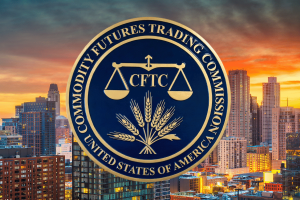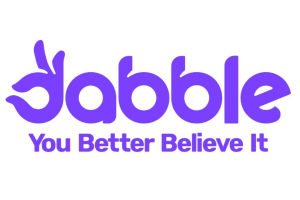
In an era where misinformation spreads rapidly online, fact-checkers have become the frontline defenders in the battle for truth. However, a recent report by The New York Times reveals that these individuals are facing increasing threats and harassment for their work.
The rise of misinformation, the role of fact-checkers
The digital age has brought with it a surge in the spread of false information. From political propaganda to health-related myths, misinformation has found fertile ground on social media platforms and websites. While tech giants have made efforts to combat this, the sheer volume of content makes it a daunting task.
To counter the spread of false narratives, fact-checkers have emerged as critical players. These professionals — often affiliated with reputable media organizations or independent fact-checking entities — scrutinize claims, verify sources, and provide the public with accurate information. Their work contributes to keeping society informed, particularly during times of crisis or major events.
Fact-checkers play a crucial role, yet they increasingly face targeting. The New York Times report underscores numerous cases where individuals have threatened, doxxed, or harassed fact-checkers online. Some have even encountered physical threats, leading them to implement security measures or relocate.
Hostility often arises when fact-checkers debunk widely shared falsehoods. In some cases, political or interest groups orchestrate coordinated attacks against fact-checkers to discredit them.
The threats against fact-checkers underscore the challenges of upholding truth in today’s digital landscape. It’s evident that as misinformation continues to be a significant concern, the safety and support of those working to debunk false claims must be prioritized. Tech companies, governments, and civil society need to collaborate to ensure that fact-checkers can do their job without fear of retribution.
Source link




